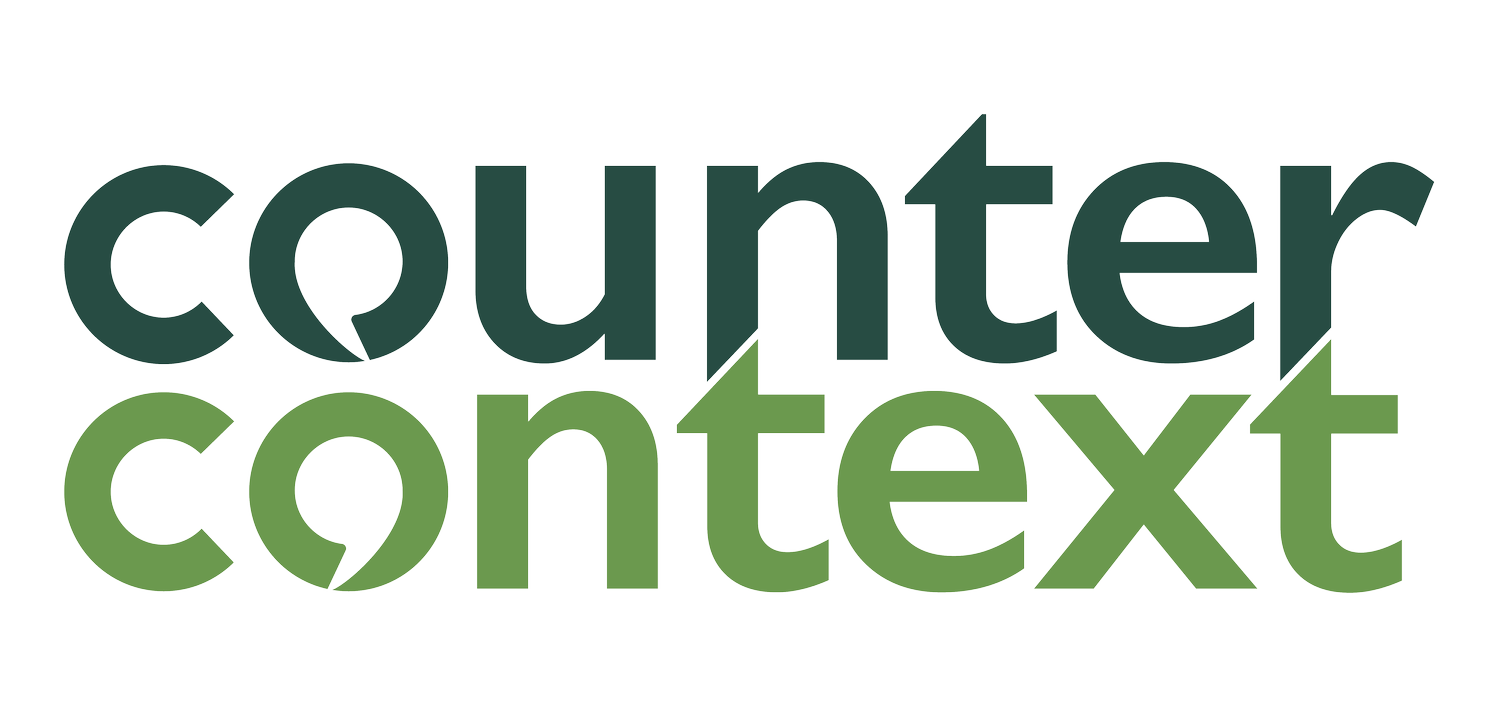Navigating Dyslexia in the Communication Sector
By Emilia Williamson
In the wonderful world of communication, the written word holds immense power. Precision, flawless grammar and readability are the non-negotiable components of success. But what does this mean for someone with dyslexia?
Dyslexia, a specific learning disability affecting reading, writing, and spelling, is a condition that shapes how individuals process language, especially in written form. In an industry where accuracy and swift communication are essential, does dyslexia pose a barrier – a potential deterrent – to individuals wishing to embark on a career in comms?
There's a common misconception that individuals with dyslexia are less intelligent – a received notion that couldn't be further from the truth. In reality, some of the world's best and brightest achievers, such as Richard Branson and Albert Einstein (I admit, I had to look up the spelling of his name), happen to be dyslexic. Dyslexia doesn't diminish one's intelligence; it's simply a unique way of processing information.
Certainly, challenges can arise. There have been times when I've faced questions about my writing abilities or felt like a burden for frequently asking my colleagues for proofreading assistance. Despite these anxieties, leaving the industry I love never crossed my mind – here's why.
AI Technology: A Valuable Ally
The ongoing debate surrounding the use of AI assistance has been a hot topic, but from my perspective, it has been a game-changer. Tools like Grammarly, powered by AI, have revolutionised my writing experience and enabled me to reach my full potential.
Think of it this way: imagine you're a skilled footballer, but while your teammates wear state-of-the-art sports trainers, you're slipping around the field in regular shoes. You have the talent, but having those high-quality trainers would elevate your game by creating a level playing field. That's precisely how I view AI in my writing journey – it doesn't make me a better writer, but it equips me to perform at my best.
AI assists me in spotting errors and articulating my thoughts – more precisely, order them – effectively, even if they don't at first flow naturally onto the paper. In the fast-paced communication industry, integrated AI language tools help me manage the workload and maintain the precision necessary for success.
Embracing Strengths through Self-Reflection
Admitting that you might not excel in a specific area can be a challenging journey. It took me years to acknowledge that my writing might never reach the level of articulation I aspired to. However, this realisation became a catalyst for personal growth. By reflecting on my weaknesses, I've honed my strengths – my communication skills, creativity and perseverance. These qualities have propelled me to success in the communication field, so much so that I'm the go-to person when the team needs a visual thinker or a creative touch.
I wouldn't go so far as to claim that dyslexia is my superpower, but it's certainly not a barrier; given the right accommodations, it's enabled me to thrive. It has posed challenges and obstacles along my journey; however, it's undeniable that dyslexia has played a significant role in my personal growth, the honing of various skills, and, ultimately, shaping my strengths.
Team collaboration
In any job, the right team dynamic is undeniably one of the most crucial aspects of success. After all, you spend most of your day working alongside these individuals, and your success often relies on their contributions, just as theirs' relies on yours.
The term "dyslexia" is finally receiving the recognition it deserves. In the past, people with dyslexia may have been overlooked or misunderstood, but today, there is a growing awareness of this condition.
This newfound awareness has played a significant role in my personal journey. It has provided me with a platform to develop my strengths, and employers are now able to provide the necessary accommodations that were once unavailable.
Interestingly, on a personal note, I find it more comfortable to address a crowd of a hundred people than to send them individual emails. However, I work with colleagues who hold the opposite view. This is where the power of awareness comes into play. We complement each other's strengths and help mitigate individual weaknesses.
With increased awareness and understanding, there are truly no limits to what you can achieve.
I firmly believe that having dyslexia should never deter anyone from pursuing a career in the communication industry. Just like any job, it's about identifying the tools that work best for you and, perhaps most importantly, maintaining unwavering self-belief.
Dyslexia, although it presents a unique set of challenges, is not a barrier to success; it's an opportunity for growth and adaptation. By harnessing the power of AI technology, support from understanding colleagues and honing one's strengths, individuals with dyslexia can not only thrive but also bring a fresh and invaluable perspective to the field.

